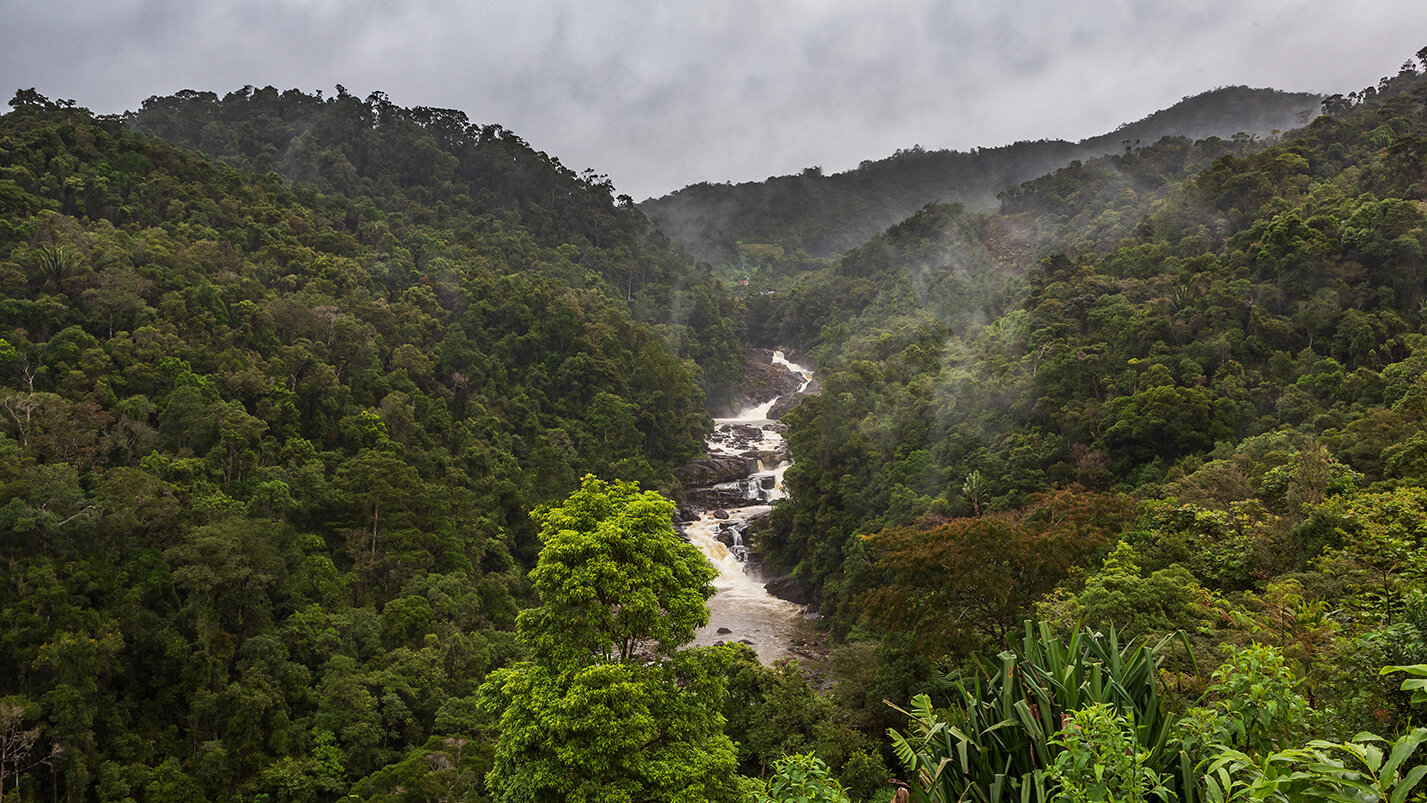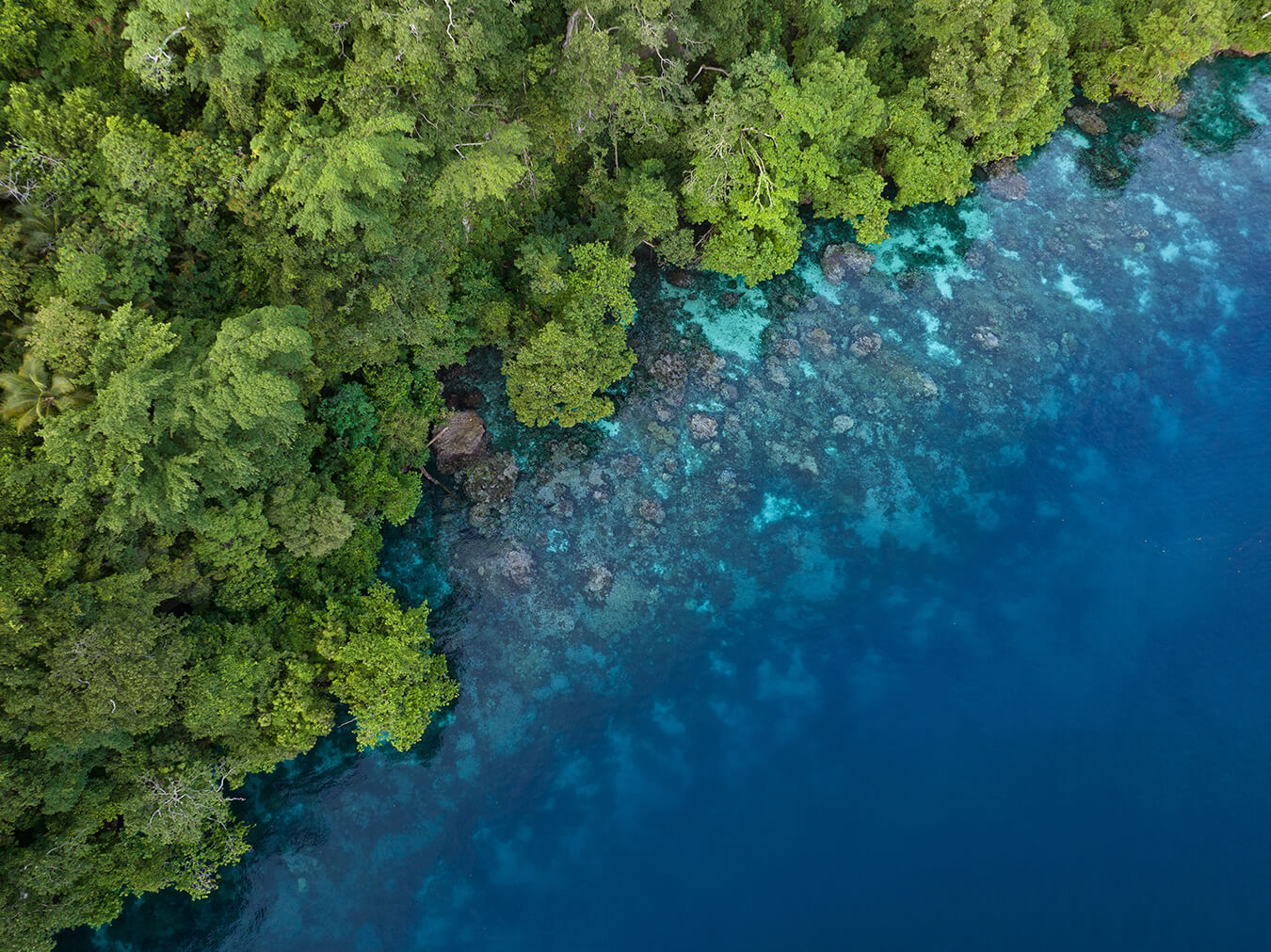News | May 22, 2024
International Day for Biological Diversity 2024: Sands Mobilizes to Further Reduce its Impact on Natural Ecosystems
On May 22, the United Nations observes International Day for Biological Diversity 2024, which calls for respecting, protecting and repairing the planet’s biological wealth. Created in 1993, one of the UN’s current goals for this observance is to draw attention to the Kunming-Montreal Global Biodiversity Framework, a historic agreement signed in December 2022 that sets goals and concrete measures to stop and reverse the loss of nature by 2050.
The UN estimates that three-quarters of the land-based environment and about 66% of the marine environment have been significantly altered by human actions. Additionally, one million animal and plant species are now threatened with extinction. While preserving biodiversity is critical to protecting the environment and natural habitats, these efforts also have a direct impact on humans, as fish provide 20% of animal protein to nearly three billion people and over 80% of the human diet is provided by plants.
Preserving biodiversity is a priority for the Sands ECO360 global sustainability program, which has spearheaded initiatives in this area as part of water stewardship, sustainable sourcing and nature conservation initiatives. Sands currently is coalescing these efforts under a coordinated biodiversity strategy that focuses on three areas: deforestation prevention, ocean health and nature conservation.
“Defining a unified biodiversity strategy is a top priority for our 2021-2025 planning and reporting cycle, and our efforts have centered on gaining a deeper understanding of the impacts of our direct operations and supply chain to further advance meaningful opportunities to protect the natural world,” Katarina Tesarova, senior vice president and chief sustainability officer, said.
“Because protecting the natural world is an essential facet of our environmental goals, we are building on our foundational initiatives by exploring new ways to make impact and defining the metrics on which we measure our performance.”
Preventing Deforestation
Over the past year, Sands has sought to increase its understanding of ways to prevent deforestation and define its efforts in this area by tapping a trusted partner to help guide its work.
In 2023, Marina Bay Sands in Singapore engaged the World Wildlife Fund (WWF), a non-governmental organization that works to preserve wilderness and reduce human impact on the environment, to review its procurement activity and evaluate its supply chain for deforestation hot spots created by commodities such as beef, palm oil, timber, coffee and cocoa. The assessment is increasing understanding of potential biodiversity impacts and dependencies.
As part of the three-year engagement, WWF will produce a report to guide the industry and support Marina Bay Sands on training and policy implementation related to report findings.
WWF’s findings also will help Sands further refine its global procurement strategies to prevent deforestation. The company already aims to procure coffee and tea from agricultural sources that use sustainable growing techniques, protect local forests and waterways, and work in harmony with biodiversity. Sands also currently sources organic textile and Forest Stewardship Council (FSC)-certified paper goods.

Protecting Ocean Health
With more than 200 restaurants spanning its resorts, food and beverage service is a key focus area for Sands’ biodiversity initiatives. One of its leading strategies to protect ocean health is sustainable seafood procurement, which includes promoting sustainable sourcing to chefs and eliminating or reducing certain types of seafood from company-owned restaurants and food service operations.
For example, Sands has established internal policies to eliminate sourcing of shark fin and restrict offering of bluefin tuna in its restaurants and catering operations. The company also targets sourcing of seafood certified by the Marine Stewardship Council (MSC) and Aquaculture Stewardship Council (ASC).
Furthering the company’s priority on sustainable seafood sourcing, Marina Bay Sands has invested more than $400,000 since 2017 in WWF’s efforts to strengthen Singapore’s seafood supply chain resiliency and champion responsible seafood production in the Asia-Pacific region.
The resort has underwritten the participation of nine farms and one fishery in WWF’s aquaculture and fishery improvement programs, with Sankina Aquaculture becoming the first shrimp farm in Malaysia to receive ASC certification. In Macao, Sands China has been a member of the Hong Kong Sustainable Seafood Coalition (HKSSC) since 2020, participating in the HKSSC working group with the goal of increasing sustainable seafood availability and improving traceability.
Conserving Natural Ecosystems
Sands takes proactive steps to preserve natural resources and habitats in its regions, often working in partnership with local organizations that champion nature and biodiversity protection. In Macao, Sands China has worked extensively with the University of Saint Joseph (USJ) to restore mangrove forests in local waterways due to their importance in protecting coastal ecosystems as part of the Drop by Drop Project. In 2023, USJ planted approximately 800 seedlings to support biodiversity and benefit water quality.
Sands’ resorts also take steps to ensure its buildings do not interfere with the habitats of native species. Marina Bay Sands has implemented a policy to re-home bees that make hives in areas surrounding the resort. Sands China takes steps to ensure its resorts are free of high-intensity skyward lasers and building floodlights to reduce the impact of lighting pollution, since the area is located along the East Asian Australasian migratory bird flyway zone.
To learn more about Sands’ environmental priorities and performance, read the company’s latest ESG Report: https://www.sands.com/resources/reports/.
